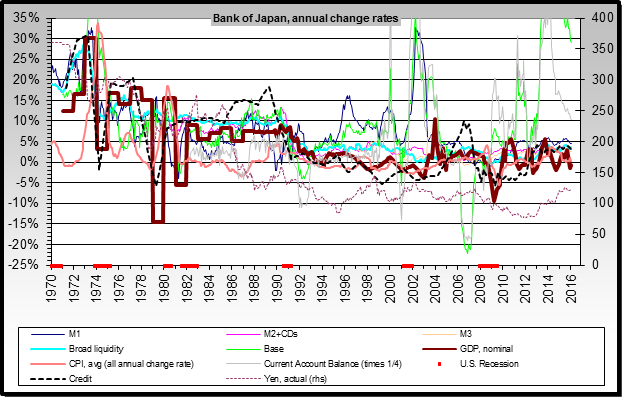http://business.timesonline.co.uk/to...cle2910188.ece
little slow...I know.
November 21, 2007
The alarm bells begin to ring in China
Who will buy all this stuff? Who will buy the plastic garden furniture, the fridges, the toys, the wall of household junk that is thundering out of shiny new factories in China?
Between January and October, China’s statistical bureau recorded $1.2 trillion (£580 billion) of industrial spending. During the same period, lenders in America were slamming the door on their customers, cancelling credit cards, demanding the keys to homes, apartments and trailers. The message from the banks is clear: the party is over. Still, China’s factory floorspace continues to grow. You have to ask the question: who will buy the stuff?
The alarm bells begin to ring in China
Who will buy all this stuff? Who will buy the plastic garden furniture, the fridges, the toys, the wall of household junk that is thundering out of shiny new factories in China?
Between January and October, China’s statistical bureau recorded $1.2 trillion (£580 billion) of industrial spending. During the same period, lenders in America were slamming the door on their customers, cancelling credit cards, demanding the keys to homes, apartments and trailers. The message from the banks is clear: the party is over. Still, China’s factory floorspace continues to grow. You have to ask the question: who will buy the stuff?





Comment